worried about lack of bees
led_zep_rules
15 years ago
Related Stories

GARDENING GUIDESHow to Stop Worrying and Start Loving Clay Soil
Clay has many more benefits than you might imagine
Full Story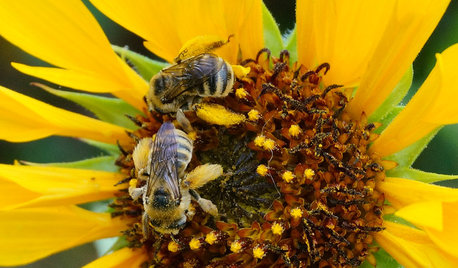
EARTH DAY12 Entertaining ‘Bee-haviors’ of Native Bees
The parade of pollinator antics is another reason to create a garden that nurtures native bees
Full Story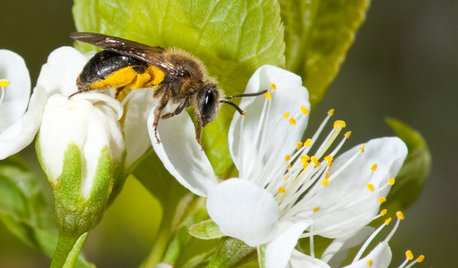
GARDENING GUIDESInvite Mining Bees to Your Garden by Planting Their Favorite Plants
Look for mining bees (Andrena) pollinating woodland wildflowers in U.S. gardens this spring
Full Story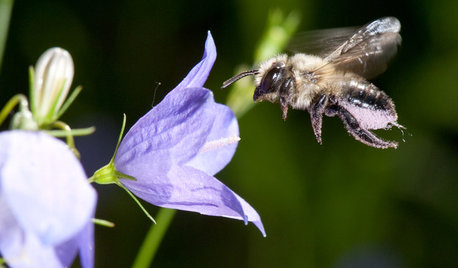
GARDENING GUIDESPut Out the Welcome Mat for Leafcutter Bees in Your Garden
Provide a diversity of flowering plants from spring through fall for these charismatic native bees, and you won’t be disappointed
Full Story
CONTRACTOR TIPSBuilding Permits: What to Know About Green Building and Energy Codes
In Part 4 of our series examining the residential permit process, we review typical green building and energy code requirements
Full Story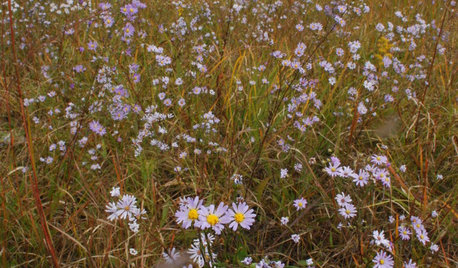
GARDENING GUIDES15 Native Flowers That Feed Native Bees
These perennials offer superfood to hundreds of bees and are gorgeous in their own right
Full Story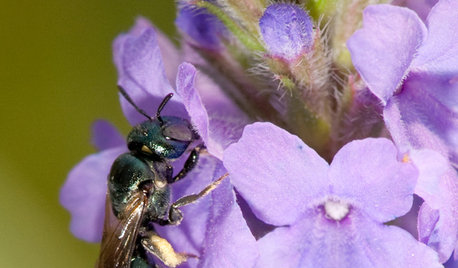
GARDENING GUIDESSmall Carpenter Bees Are Looking for a Home in Your Plant Stems
Provide flowers and nesting sites in your garden for this beautiful, tiny, metallic blue wild bee — your plants will thank you
Full Story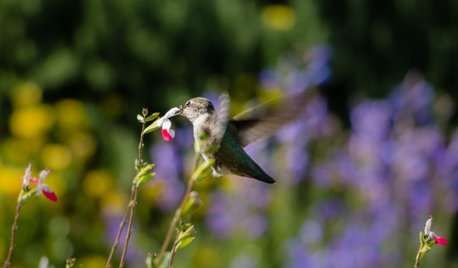
GARDENING GUIDESAttract Hummingbirds and Bees With These Beautiful Summer Flowers
Roll out a welcome mat for pollinators to keep your landscape in balance and thriving
Full Story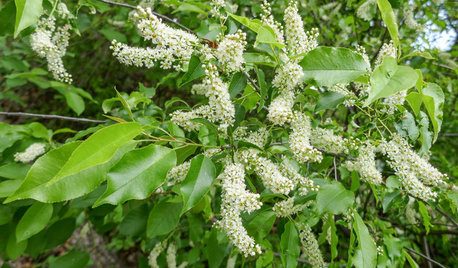
GARDENING GUIDESPlant Black Cherry Trees for the Birds and Bees
Plant Prunus serotina in the Central and Eastern U.S. for spring flowers, interesting bark and beautiful fall color
Full Story
MOST POPULARWhat to Know About Adding a Deck
Want to increase your living space outside? Learn the requirements, costs and other considerations for building a deck
Full StorySponsored






jackbenny
justaguy2
Related Professionals
Aurora Landscape Contractors · Alamo Landscape Contractors · Belmont Landscape Contractors · East Patchogue Landscape Contractors · El Segundo Landscape Contractors · Eureka Landscape Contractors · Hannibal Landscape Contractors · Lemoore Landscape Contractors · Santa Maria Landscape Contractors · Vashon Landscape Contractors · Wentzville Landscape Contractors · Antioch Landscape Contractors · Tyngsboro Landscape Contractors · Eastlake Landscape Contractors · Lexington Carpenterstsugajunkie z5 SE WI ♱
led_zep_rulesOriginal Author
Bob_Zn5
justaguy2
badgerbob
justaguy2
Bob_Zn5
justaguy2
Bob_Zn5
monica33flowers
kimcoco
oatmealstout
cheerpeople